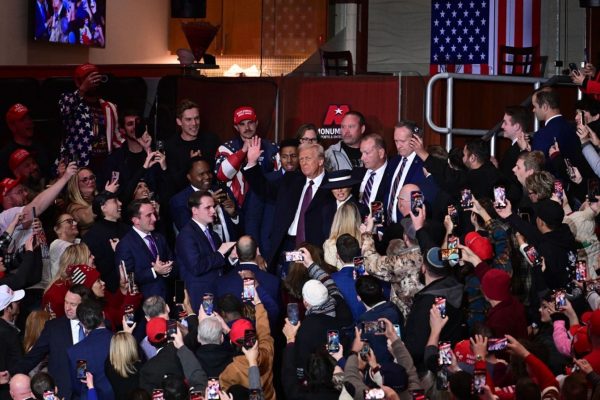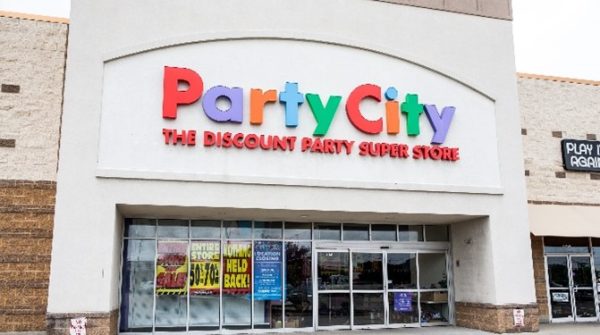NSA Surveillance: Do You Like Our “Big Brother”?
With all the talk of Edward Snowden and “Big Brother,” the controversy over digital privacy is at a high. The NSA, the National Security Agency, began doing mass electronic surveillance in 2007. Using a data mining tool called PRISM, the government began collecting and storing a massive amount of electronic information from its citizens.
However, the government never mentioned PRISM to the public; it was supposed to be a secret so it could be better used for surveillance. It wasn’t until Edward Snowden, a former CIA and NSA employee, leaked classified information about the government’s mass surveillance programs that people found out they were being spied on by their own government.
Snowden was charged with espionage and eventually fled the United States. People see him as either a traitor or a person trying to bring the truth to the public. Should national security or digital privacy be the United States’ main priority?
One side of the debate is that the government is invading its citizens’ right to privacy by collecting information about what they do online. NSA often gathers data without getting warrants. This violates the Fourth Amendment, which protects the right to privacy from unwarranted searches and seizures. Since the government can easily violate its’ citizens right to privacy and keep such a major surveillance program secret for so long, there is fear that it will be able to take away more rights in the future.
The government easily gains access to personal emails, search histories, social networks, etc. The private information that the government has access to can be abused if put into the wrong hands. There have been cases when government officials have spied on people for their own purposes, secretly going into other people’s emails and telephone conversations.
There have been twelve cases of abuse of the NSA Surveillance Programs, and no one involved was ever prosecuted or punished. This leads to fear that the government will be able to get away with abusing its surveillance information in the future and also increases the citizens’ mistrust of its government.
On the other hand, many people argue that the NSA Surveillance Programs are necessary to keep the United States safe.
Some say that the electronic surveillance is necessary for national security and that it protects more people than it harms. NSA Surveillance Programs have prevented over 50 terrorist attacks all over the country, including a plot to bomb the New York Stock Eexchange. It has also stopped domestic crime in the United States and prevented major economic loss.
Recent polls have shown that the public is fine with NSA Surveillance. A report from the Pew Research center states, “A majority of Americans – 56 percent – say the National Security Agency’s (NSA) program tracking the telephone records of millions of Americans is an acceptable way for the government to investigate terrorism.” In addition to this, most of the data PRISM collects is metadata, or data about the data. The information they collect is usually not the content of the message, but it is data about when the message was sent and from what location.
There are people on both sides of the argument. The government is collecting unnecessary amounts of personal information on its own citizens, but it can be helpful in preventing terrorist attacks and crimes. The government can access almost all of its citizens’ digital information, and it seems as though nothing can limit its power. Do the ends justify the means?



